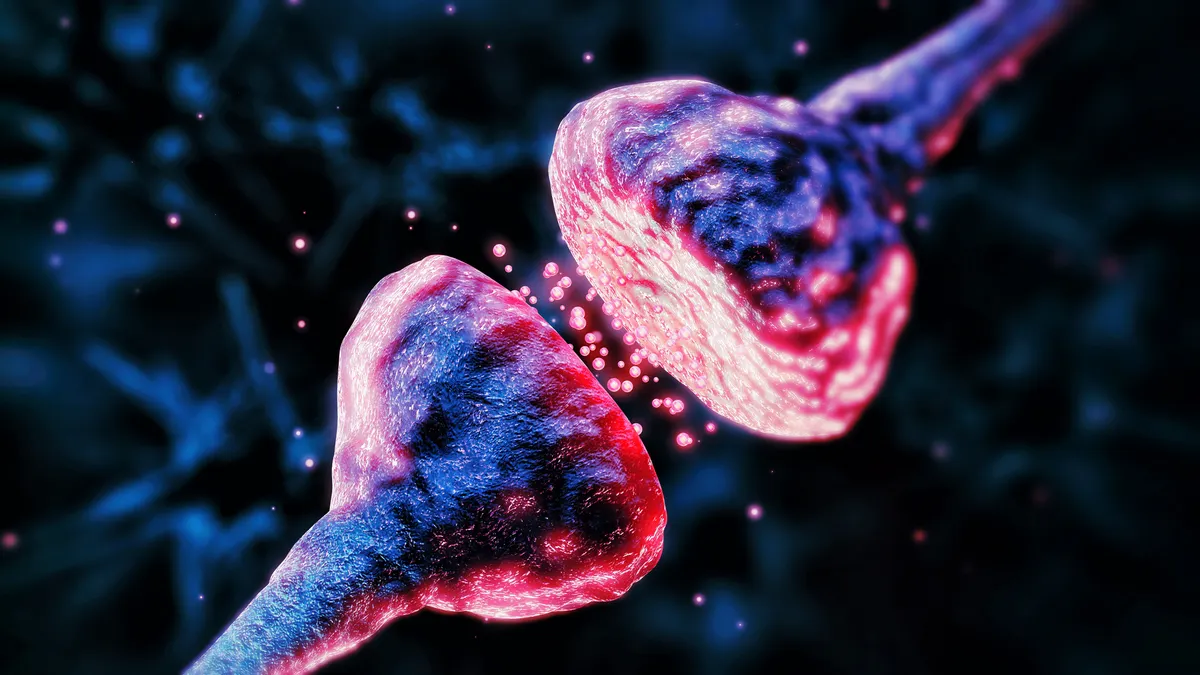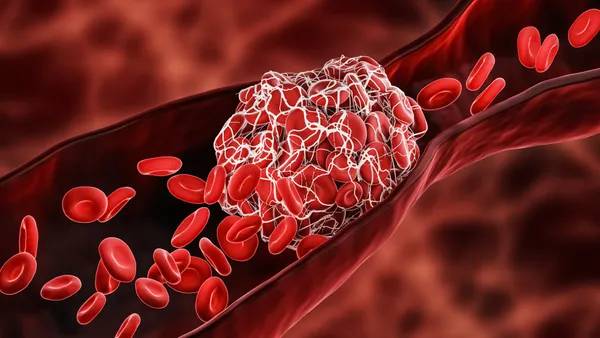Alzheimer’s disease remains one of the world’s most indomitable illnesses, and on Tuesday it defeated yet another potential treatment in an experimental drug from Sage Therapeutics.
A mid-stage clinical trial has been evaluating the drug, known as dalzanemdor or SAGE-718, in patients with mild cognitive impairment or mild dementia due to Alzheimer’s. The study enrolled 174 participants and evaluated them over a 12-week treatment period. According to Sage, the drug didn’t have a significantly greater effect on cognition than a placebo.
Sage didn’t disclose any data, but said it won’t further develop the drug for Alzheimer’s based on the results. Data from a different mid-stage trial testing dalzanemdor in people with cognitive impairment associated with Huntington’s disease should come later this year, according to the company.
Alzheimer’s is an “incredibly complex and devastating condition, and people with related mild cognitive impairment and mild dementia need more treatment options,” said Barry Greene, Sage’s CEO, in a statement. “While we are disappointed by the results ... [w]e hope our work and these findings help to inform future research.”
Sage’s stock price was down more than 10% at market’s open Tuesday, but later rebounded. Shares of the Massachusetts-based biotechnology company have lost much of their value this year, and hovered just under $7 apiece Tuesday morning.
Dalzanemdor doesn’t work like the three Alzheimer’s medicines that have received approval from the Food and Drug Administration. Those therapies, along with many in development, target a misfolded protein called amyloid beta, which many researchers believe to be a root cause of the memory-robbing disease.
Instead, Sage’s drug targets the proteins on the outside of nerve cells that bind to glutamate. An essential chemical in the brain, glutamate is involved in cognition, mood regulation and memory formation. Given those functions, Sage has tested dalzanemdor across a variety of neurodegenerative diseases.
So far, though, the drug hasn’t worked. It recently failed a Parkinson’s disease study, wherein its effects on brain function were not much different than a placebo. And the now-flunked Alzheimer’s trial “removes yet another potential upside driver,” according to Paul Matteis, an analyst at the investment firm Stifel.
In a note to clients Tuesday, Matteis wrote that his team had “always viewed this study to be high-risk,” especially after the prior setbacks. Looking ahead to the Huntington’s study, “expectations remain low.” Brian Abrahams of RBC Capital Markets echoed those concerns in a note published late last week, in which he downgraded his rating on Sage’s stock to “Underperform.”
The RBC team sees “a low likelihood that dalzanemdor will show clear, clinically meaningful effects in Huntington's — or Alzheimer's,” Abrahams wrote. “Without success for that program, we believe profitability will be difficult to achieve until the very long term and would require significant changes to the company's cost structure,” he added.
Sage had $647 million in cash, cash equivalents and marketable securities as of June 30. Over the first six months of this year, the company recorded a net loss from operations of $211 million.
The past year and a half has been challenging for Sage. Last summer, an approval decision by the FDA sharply cut the sales potential for the company’s closely watched depression drug Zurzuvae. In the wake of that decision, Sage laid off 40% of its workforce, deprioritized some of its research programs, and bid farewell to its longtime chief development and scientific officers.
Then, a few months ago, another one of the company’s experimental drugs lost out in a trial focused on the most common type of tremor.















